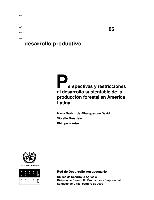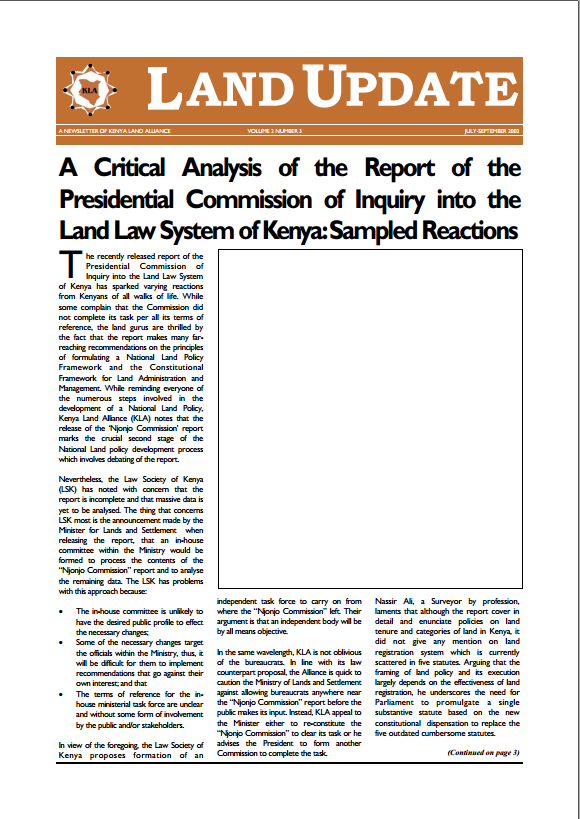Evolution of land tenure institutions and development of agroforestry: evidence from customary land areas of Sumatra
It is widely believed that land tenure insecurity under a customary tenure system leads to a socially inefficient resource allocation. This article demonstrates that the practice of granting secure individual ownership to tree planters spurs earlier tree planting, which is inefficient from the private point of view but could be efficient from the viewpoint of the global environment. Regression analysis, based on primary data collected in Sumatra, indicates that an expected increase in tenure security in fact led to early tree planting.





